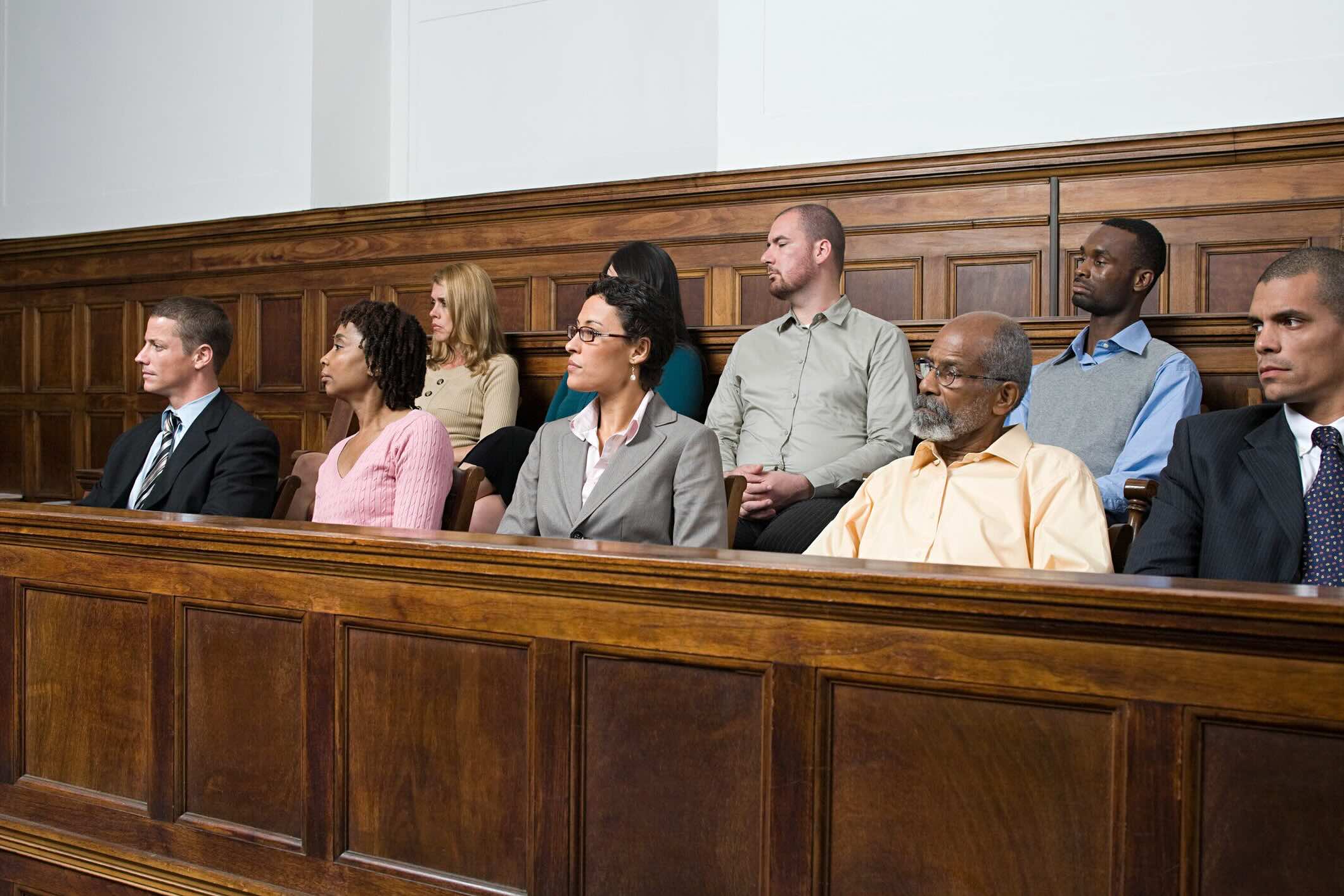
Ever wondered what happens behind the closed doors of a jury room? Jury duty is a civic responsibility that often sparks curiosity and sometimes dread. Many people have questions about what it entails, how jurors are selected, and what their roles are. Understanding the ins and outs of jury duty can demystify the process and make it less intimidating. From the selection process to the final verdict, each step plays a crucial role in the justice system. Here, we’ll break down eight key facts about jury duty that will give you a clearer picture of this important civic duty.
8 Facts about Jury Duty
Jury duty is a civic responsibility that many people will experience at least once in their lives. It’s a process that ensures fairness in the judicial system. Here are some interesting facts about jury duty that you might not know.
The Origins of Jury Duty
Jury duty has a long history, dating back to ancient times. Its roots can be traced to early democratic societies.
- Ancient Greece: The concept of a jury originated in ancient Greece. Citizens were chosen to decide the outcome of legal disputes.
- Magna Carta: In 1215, the Magna Carta established the right to a trial by jury in England. This principle later influenced the American legal system.
- Colonial America: Early American colonies adopted the jury system from England, embedding it into the foundation of U.S. law.
The Selection Process
Being selected for jury duty involves several steps to ensure a fair and impartial jury.
- Random Selection: Potential jurors are randomly selected from voter registrations or driver's license lists. This randomness helps ensure a diverse jury pool.
- Voir Dire: During this process, lawyers and judges question potential jurors to determine any biases or connections to the case. This helps in selecting an impartial jury.
- Excusal and Deferral: Some people can be excused or have their service deferred for valid reasons, such as medical issues or significant hardships.
The Role of a Juror
Jurors play a crucial role in the judicial process, making decisions that can impact lives.
- Deliberation: Jurors discuss the evidence and testimonies presented during the trial. They must reach a unanimous decision in criminal cases or a majority decision in civil cases.
- Confidentiality: Jurors are required to keep deliberations confidential. This ensures that their discussions remain private and free from outside influence.
Jury duty is more than just a civic obligation; it’s a cornerstone of the justice system. Understanding these facts can help demystify the process and highlight its importance.
The Power of Jury Duty
Jury duty is more than just a civic obligation; it's a cornerstone of our justice system. Serving on a jury gives ordinary citizens a direct role in upholding the law. It ensures that trials are fair and just, reflecting the community's values. While it might seem inconvenient, the experience can be eye-opening and rewarding.
Understanding the facts about jury duty can help ease any apprehensions. From knowing you might not always be selected to realizing the importance of your role, these insights make the process less daunting. Plus, it's a chance to witness the legal system in action and contribute to a fair trial.
So next time you receive a jury summons, remember the vital role you'll play. Embrace the opportunity to make a difference. Your participation helps maintain the integrity of our judicial system.
Was this page helpful?
Our commitment to delivering trustworthy and engaging content is at the heart of what we do. Each fact on our site is contributed by real users like you, bringing a wealth of diverse insights and information. To ensure the highest standards of accuracy and reliability, our dedicated editors meticulously review each submission. This process guarantees that the facts we share are not only fascinating but also credible. Trust in our commitment to quality and authenticity as you explore and learn with us.
